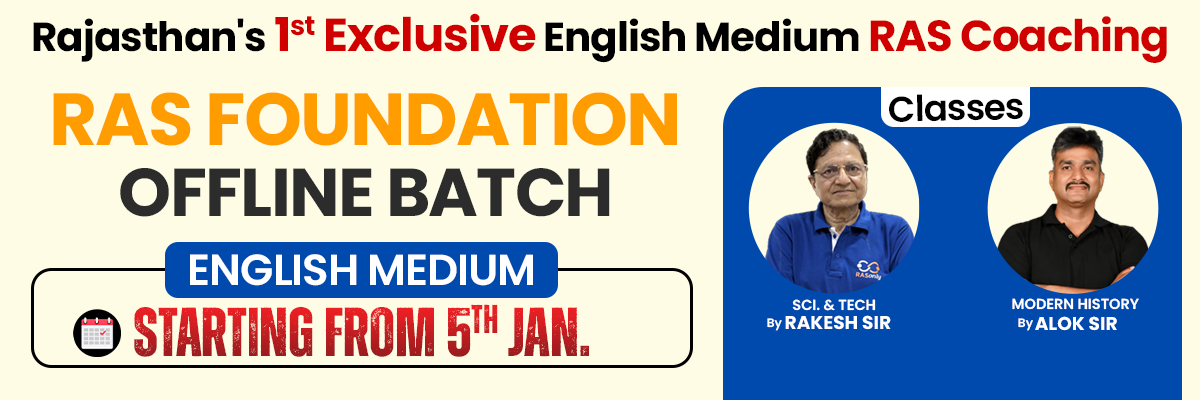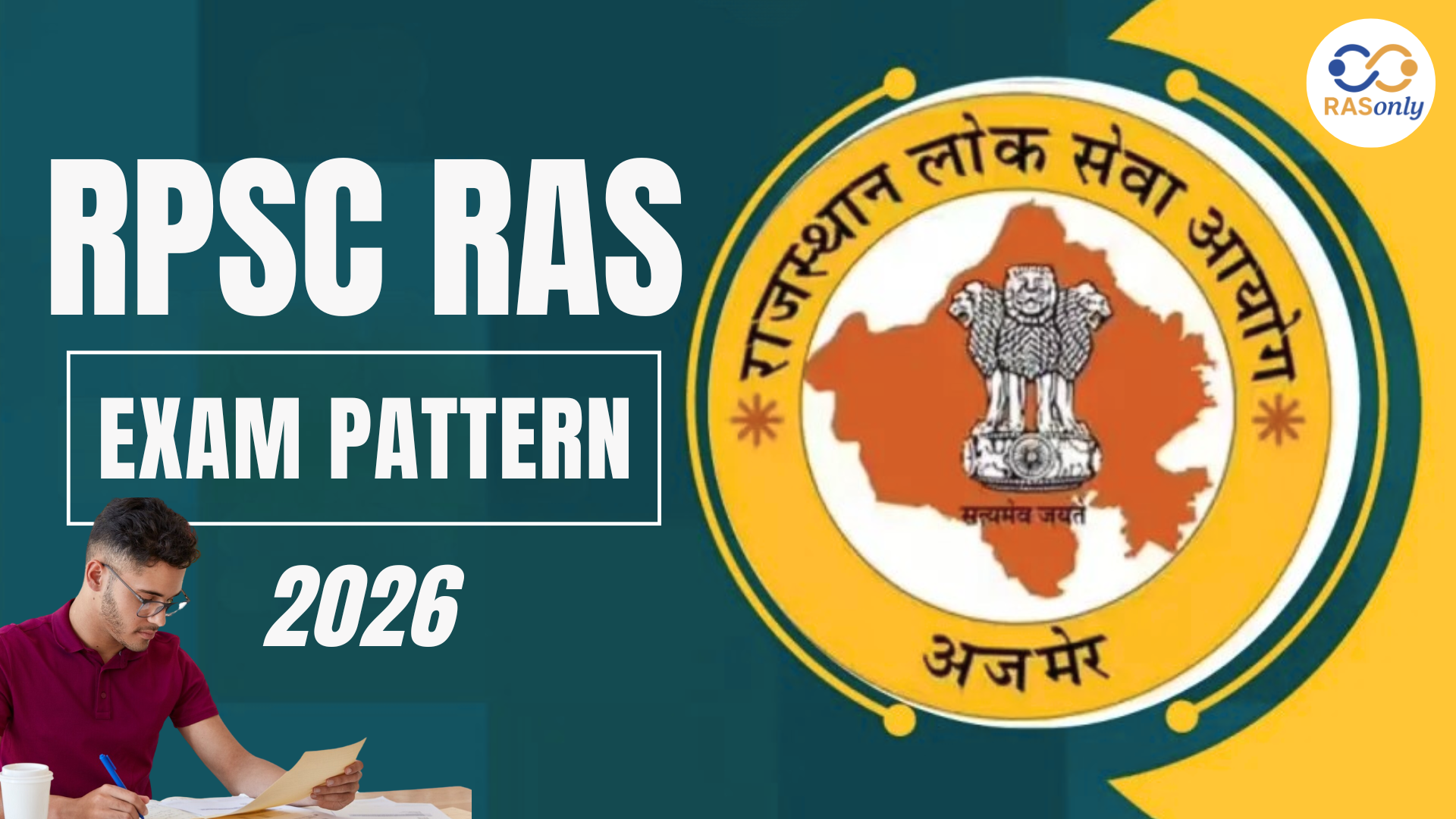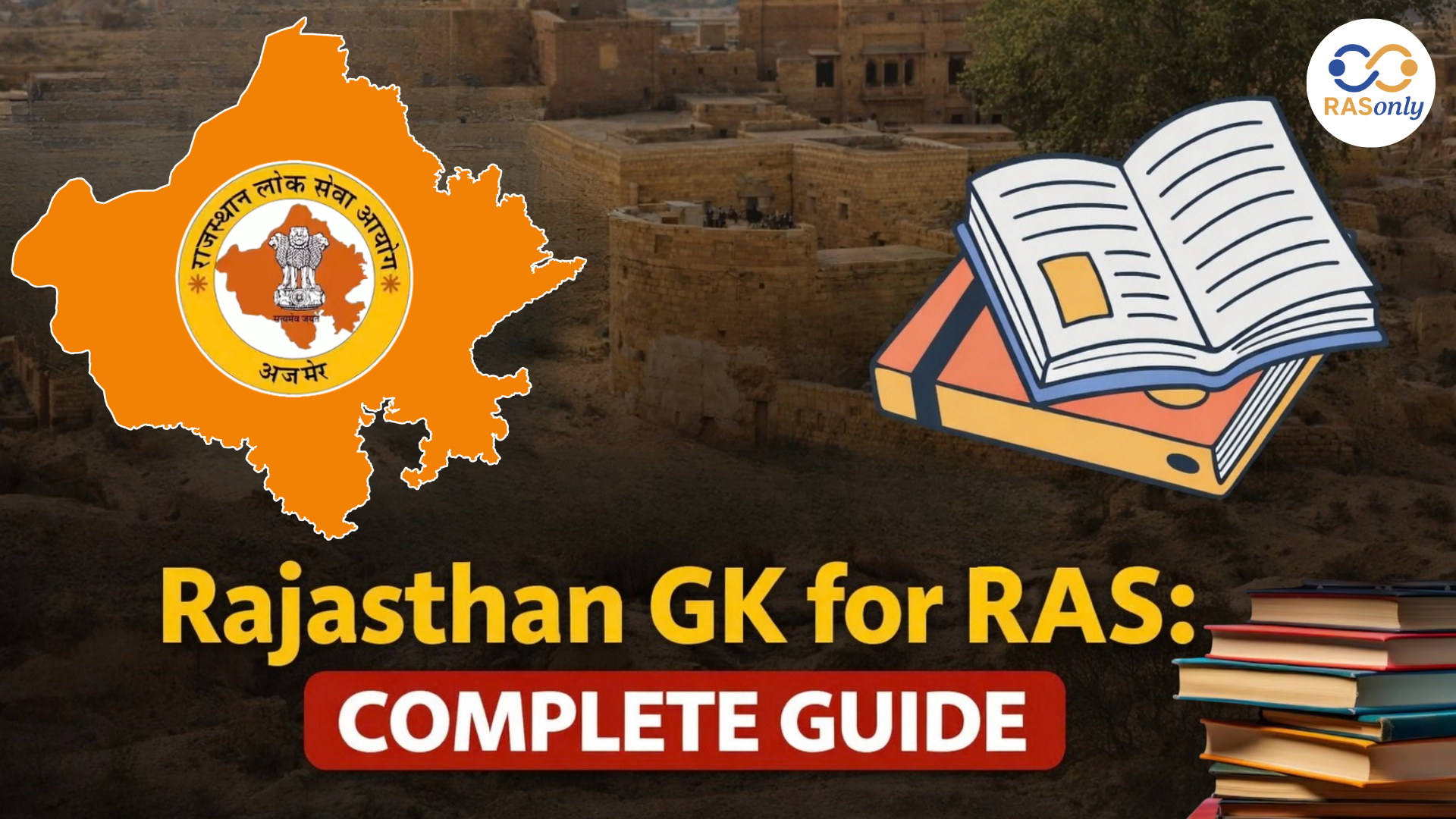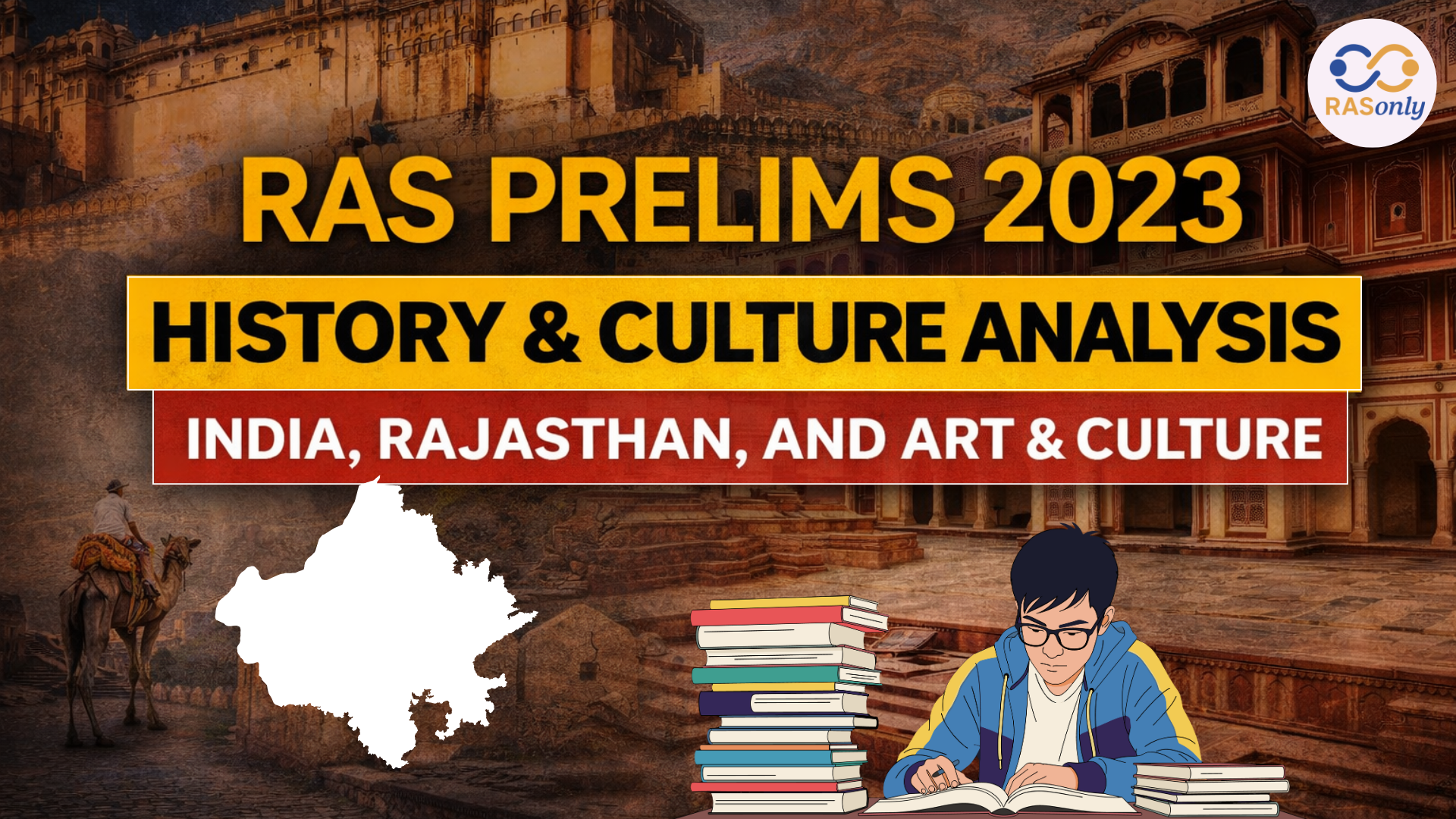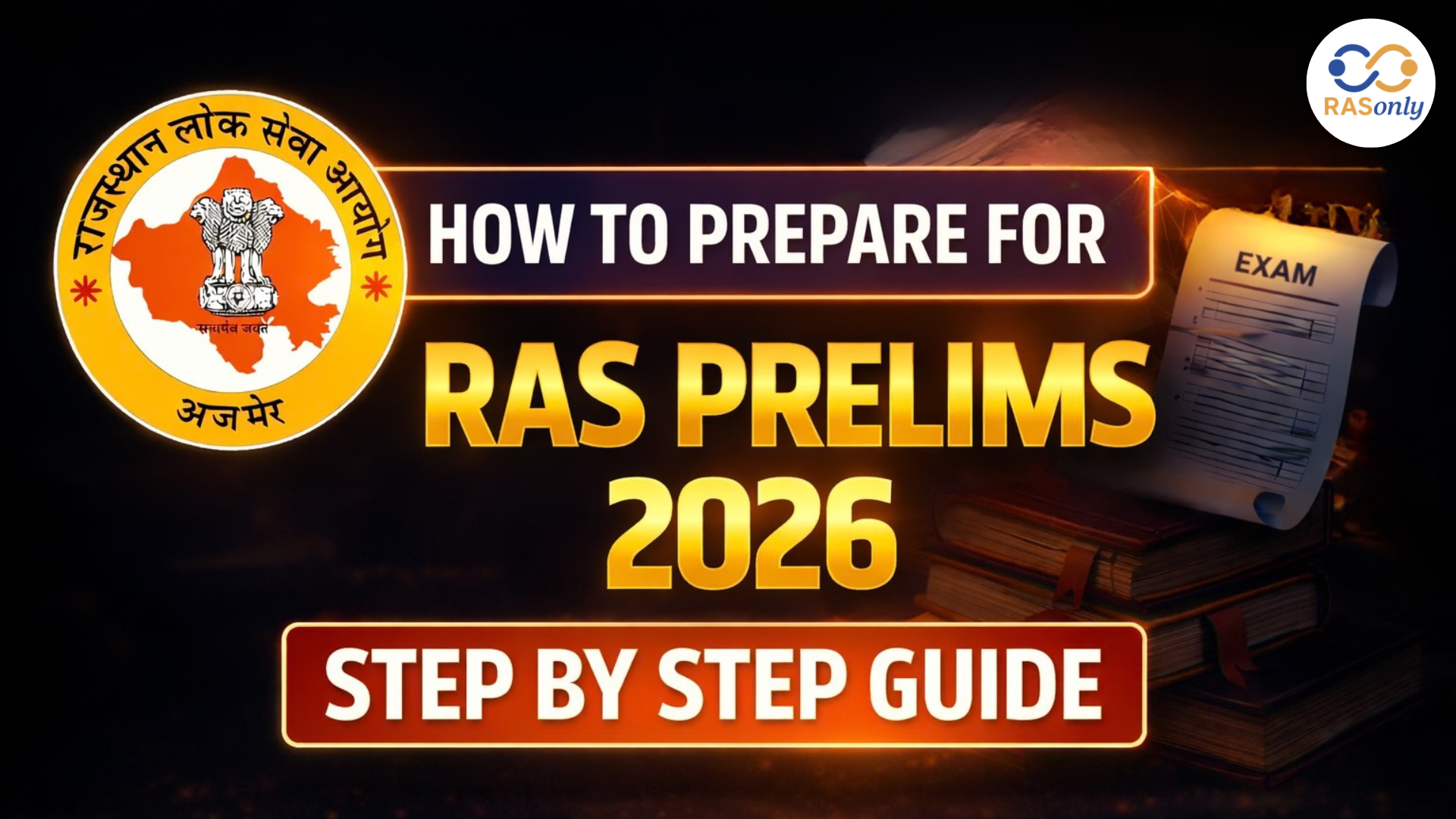RPSC RAS 2026 Subject Wise Exam Pattern for Prelims, Mains & Interview Details
- >
- RAS Preparation Resources
- >
- Uniform Civil Code (UCC)
Uniform Civil Code (UCC)

Get in Touch with RASonly!

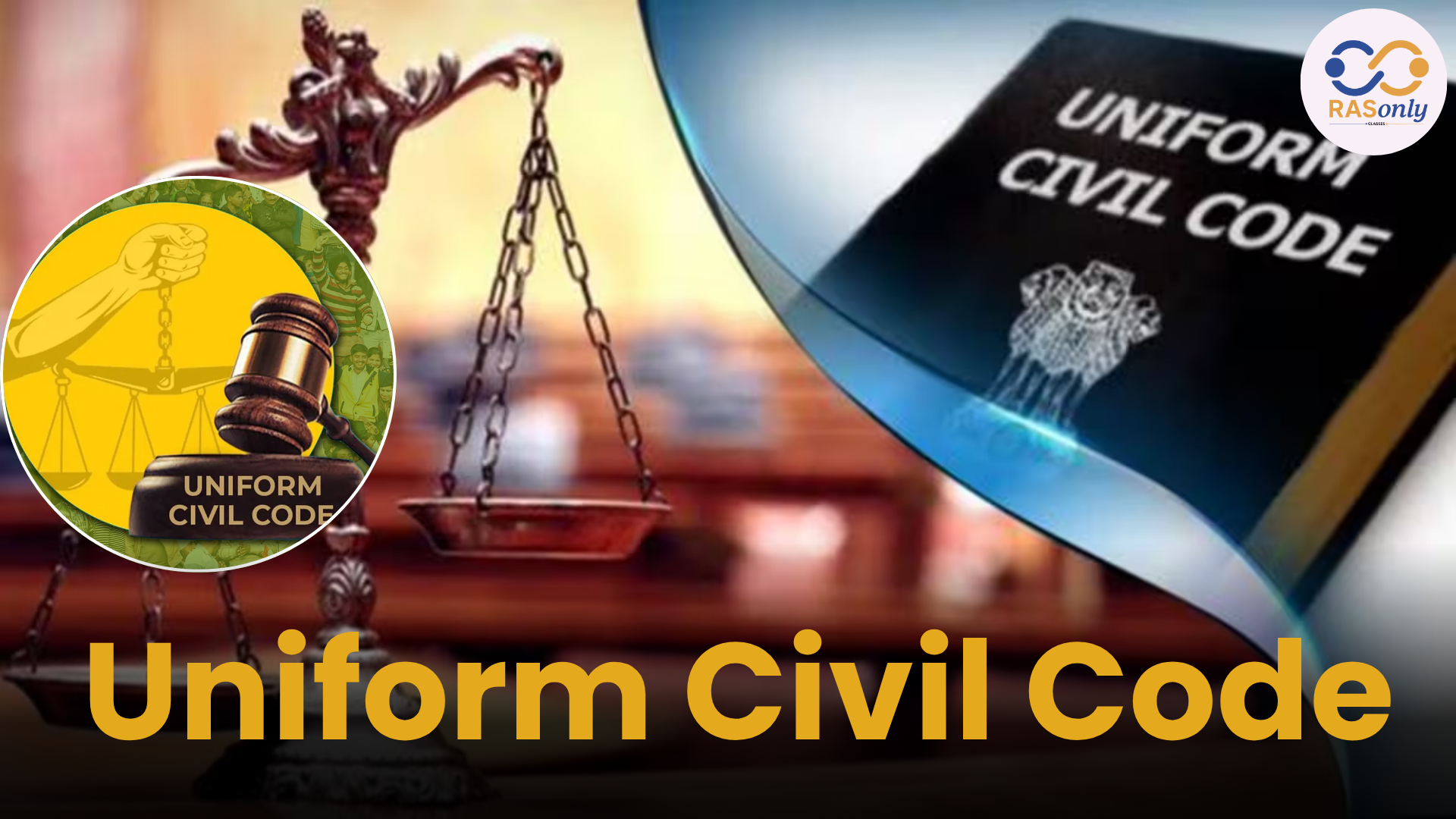
Uniform Civil Code (UCC) has been termed to be the agreement of common civil laws to all Indian citizens regardless of religion, caste or tribe and especially the civil law in areas of marriage, divorce, inheritance, and adoption. UCC has been a matter of national debate ever since independence since it is stipulated in Article 44 of the Directive Principles of the State Policy. As its advocates claim equality, secularism and gender justice, others are afraid to lose cultural diversities and religious freedoms. Introduction of UCC will present serious legal, social and political issues in the pluralistic Indian society. It must then be sought out in a very sensitive balance between national inclusion and minority rights.
What is Uniform Civil Code?
- A single civil law to be applicable to every citizen irrespective of religion.
- The topics covered include marriage, divorce, succession, adoption, etc.
- Imagined as a Directive Principle to the Constitution of Article 44.
- Not justiciable though its objective is to advance national integration and equality.
- Present partly in Goa, and introduced by the present Uttarakhand state government.
Key Details for RPSC RAS Mains
Historical Constitutional
Discussions of the Constituent Assembly:
- UCC under Article 44 (Directive Principles) and the same is not enforceable by court.
- Much favoured by B. R. Ambedkar, Munshi and Alladi Krishnaswami Aiyyar.
- Blocked by the Muslim members due to the issue of religious freedom.
- UCC was made optional so as not to cause disharmony during Constitution framing.
Major Judicial Observations:
|
Year |
Case |
Observation |
|
1985 |
Shah Bano |
Advocated UCC for women’s maintenance and national integration |
|
1995 |
Sarla Mudgal |
Called for immediate implementation of UCC |
|
1996 |
Pannalal Bansilal |
Urged gradual implementation respecting diversity |
|
2003 |
John Vallamattom |
Struck down Christian law provision; reiterated UCC need |
|
2017 |
Shayara Bano |
Abolished triple talaq; revived UCC debate |
Arguments in Favour of UCC
- Equality and gender justice
- Article 14 guarantees equality in the Constitution.
- Puts an end to gender-based discrimination in matters of inheritance and marriage and divorce.
- NFHS-5 shows that 23.3 percent of girls marry at the age before 18 years-UCC can curb child marriages.
- Simplification of law order
- Sets a single law that replaces several personal regulations.
- Reduces court load and lets the interpretation of the law be legal.
- Increases legal literacy of citizens.
- National Integration
- Encourages unity of nation as against religious categories.
- Conforms to secular values of morality and constitutional morality.
- General criminal law is applied to everyone regardless of religious affiliation.
- The Social Reform and Modernisation
- Chance to reconsider civil law and match it with contemporary values.
- Enables the right of LGBTQ+, same-sex marriage, adoption, and so on.
- Shows forward judgment such as Section 377 decriminalization.
- International Alignment
- Turkey, Tunisia and France have effective secular civil codes.
- Increases India rank in world indices (such as Global Gender Gap).
Arguments Against UCC
- Cultural and Religious Diversity is at Threat.
- India boasts of different traditions such as matrilineal descent (e.g. Khasi tribe).
- Critics say that UCC can result in cultural homogenization.
- Concern of Religious Freedom
- Even religion is covered under the category of personal laws, and that article is article 25 where religious practice is covered.
- Pew survey (2021): 84 percent of Indians have ranked religion as very important.
- Minority Rights and Majoritarianism Threat
- The minorities dread imposition of cultural norms of the majority.
- Muslim and tribal organisations criticized UCC in Uttarakhand.
- Implementation Practical Problems
- Vast differences in practice even within a single religion (e.g. Hindu law in Kerala and other places).
- The Law Commission (2018): UCC unrewarding and unnecessary now.
- Federalism and State Government
- Personal laws under Concurrent List- the states can also enact laws.
- Concern of Centre overriding regional customs and practices.
- Economic and Court Cost
- Legal reorganization would require rewriting laws, re-training, retraining.
- There are already 47 million backlog cases in India.
Way Forward
- Inclusive Dialogue
- Community, expert and NGO consultations countrywide.
- Clear communication related to scope and implications.
- Phased Implementation
- Start with agreed points on such as:
- The same age of marriage
- Equal daughter inheritance
- Polygamy prohibition
- Inclusion of issues step by step.
- Start with agreed points on such as:
- Constitutional Safeguards
- Provide protection to the minorities in the context of fundamental rights.
- Offer compensation redress and exemptions of non conflicting customs.
- Evidence-Based Approach
- Review the case of UCC in Goa and Uttarakhand model.
- Learn through real-world effects and find out best practices.
Conclusion
The ideal of the society that is just and equitable and unified can be found in the Uniform Civil Code. But in a diverse multicultural land such as India, it has to be implemented gradually and in mutual agreement. UCC is promising gender justice and homogeneity in the legal system, but its achievement is in protecting pluralism and moral basic concepts in the constitution. However, a more practical and all-inclusive course of action on the Indian legal and social landscape is an appreciation of diversity yet promoted equality under what is referred to as a just civil code.
Post Category
- RAS Salary
- Result
- RAS Admit Card
- RAS Job
- RAS Cutoff
- Preparation Tips
- RAS Answer Key
- RAS Exam Analysis
- RAS Syllabus
- RAS Previous Year Papers
- RPSC RAS Exam Pattern
- RAS Interview
- RAS Mains Exam Date
- RAS Vacancy
- RAS Test Series
- RAS Best Books
- RAS Preparation Resources
- RAS Coaching Centre
- History
- Polity
- Geography
- Economics
- Science
- Art and Culture
- RPSC RAS Application Form
- RPSC RAS Notification
RASonly Interview Guidance Program

Mr. Ashok Jain
Ex-Chief Secretary Govt of Rajasthan
- IAS officer of the 1981 batch, Rajasthan cadre.
- Passionate about mentoring the next generation of RAS officers with real-world insights.
- Got retired in Dec 2017 from the post of Chief Secretary of the state of Rajasthan.

Mr. Guru Charan Rai
Ex-ASP / SP in Jaisalmer
- Guru Charan Rai, IPS (Retd), retired as Inspector General of Police (Security), Rajasthan, Jaipur in 2017.
- Served as ASP and SP in Jaisalmer, Nagaur, Sri Ganganagar, Sawai Madhopur, Dausa, Sikar, and Karauli.
- He also held key positions as DIGP and IGP in the Law and Order division.

Mr. Rakesh Verma
Ex-IAS Officer, B.Tech, MBA, and M.A. (Economics)
- IAS officer of the 1981 batch and retired in Chief Secretary Rank.
- Civil servant of high repute and vast experience.
- Has been teaching UPSC CSE subjects for the last six years.
Related Post
Daily Current Affairs for RAS Exam Preparation 2026
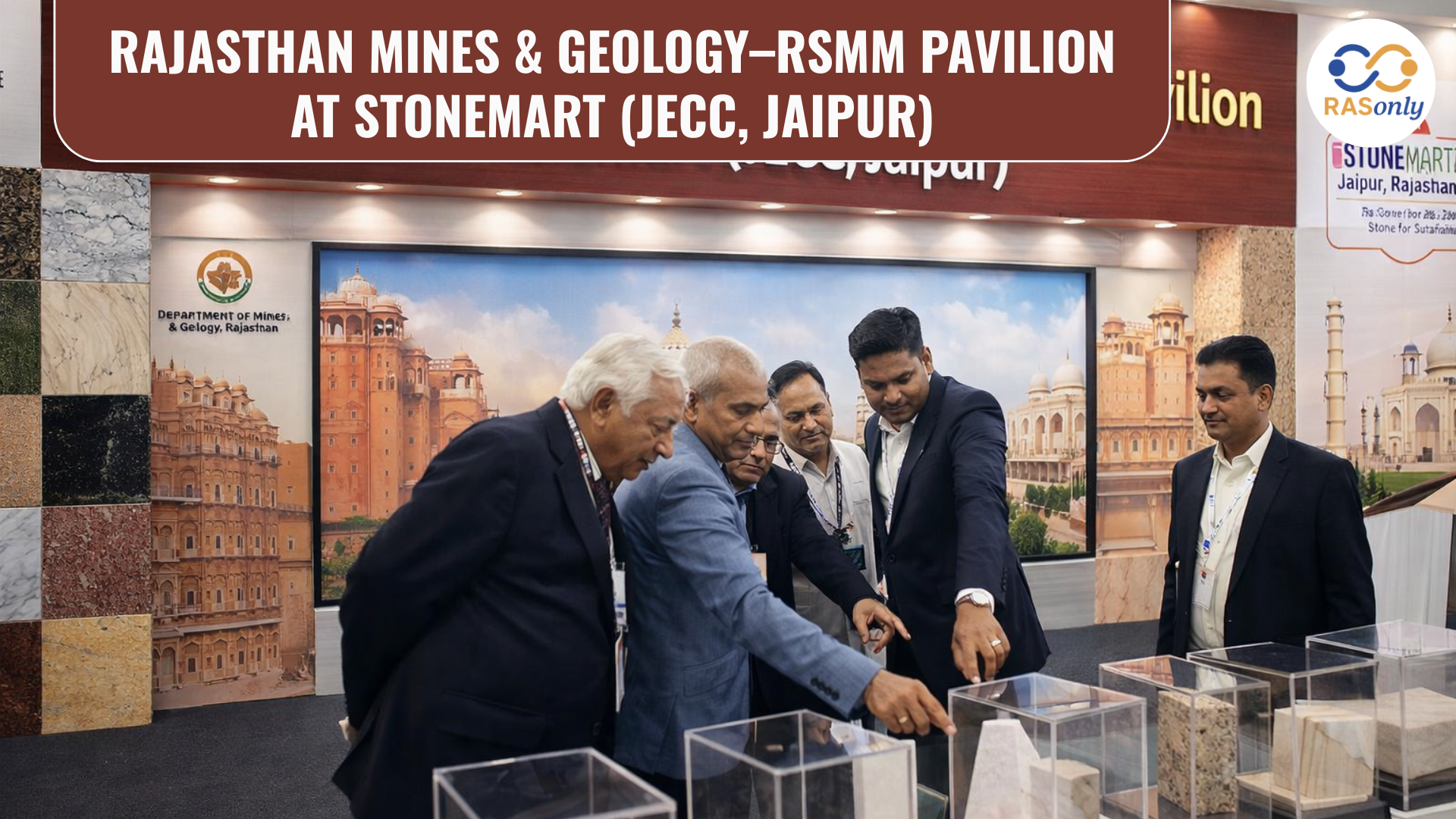
Rajasthan Pavilion Shines at Stone Mart Jaipur 2026
February 07, 2026
Rajasthan Achieves 3,000 MW Under PM-KUSUM Scheme
February 07, 2026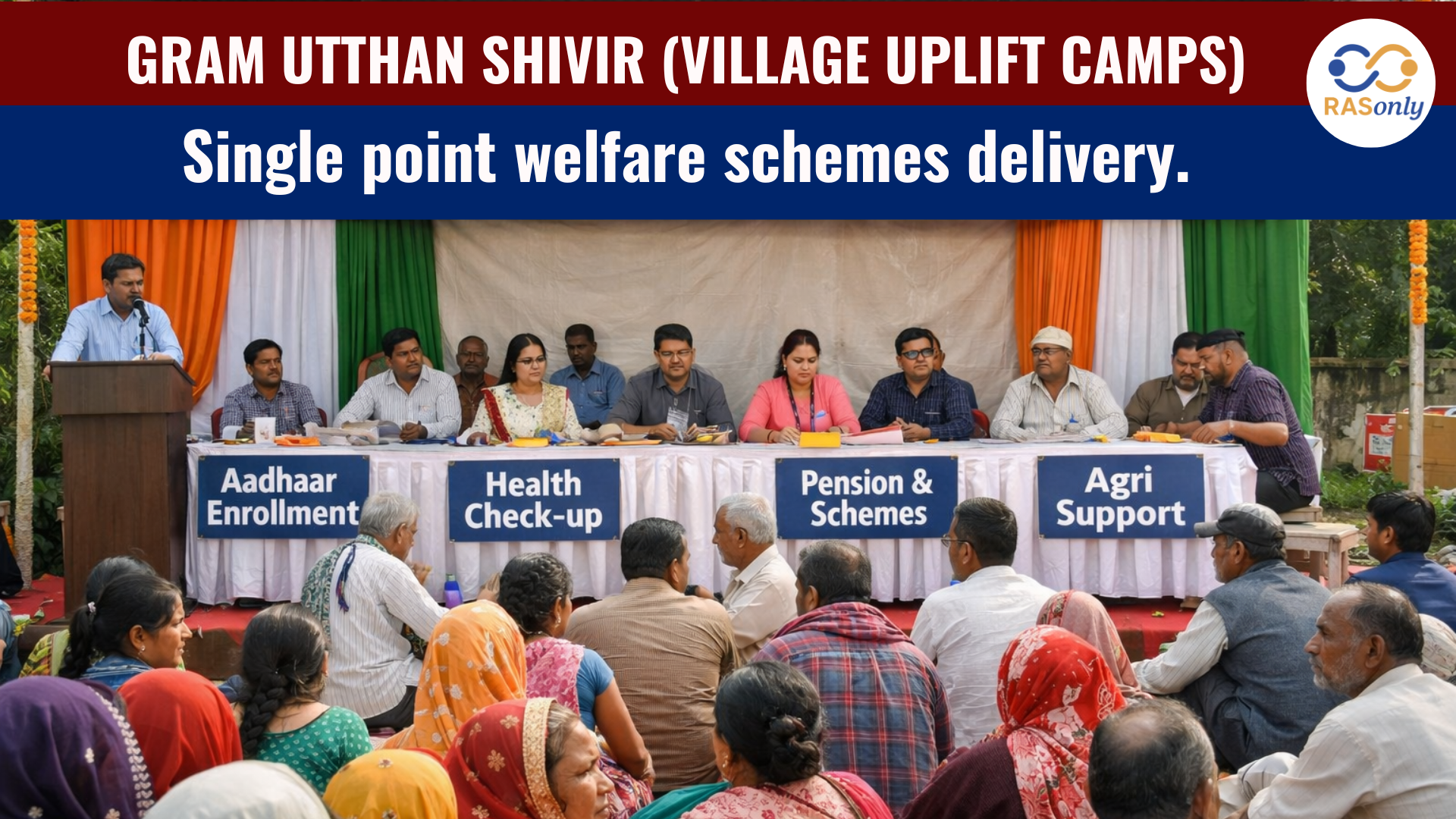
Gram Utthan Shivirs Strengthen Rural Governance in Rajasthan
February 07, 2026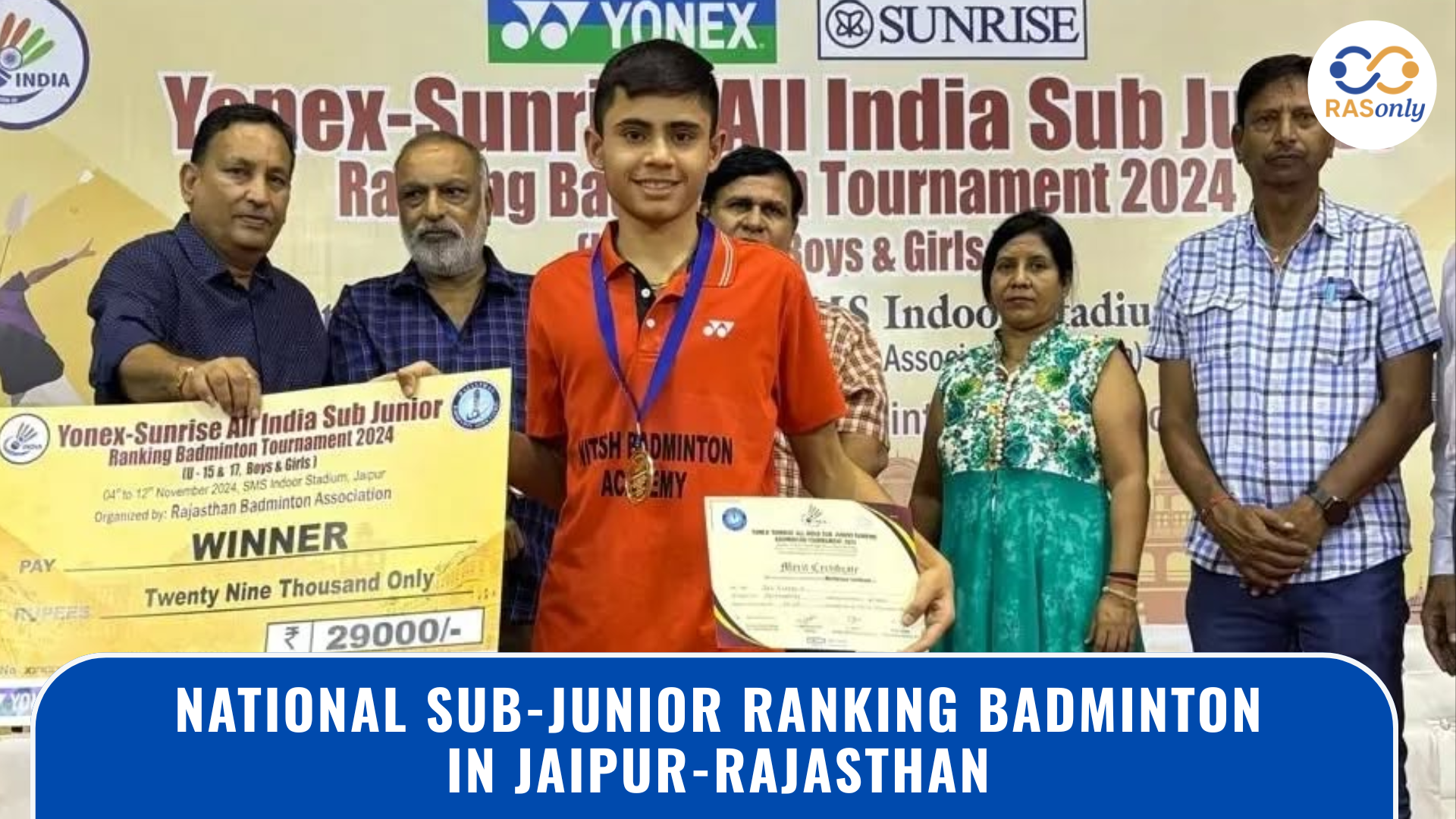
Jaipur Badminton: 72-Minute U-15 Final Creates Record
February 06, 2026👉🏻 Register Today to Join Classes! 👍🏻
- Team RASOnly -
🎯 Benefits of RASOnly Coaching:
- ✅ 1:1 Mentorship with RAS Officers
- ✅ Experienced and Expert Faculty
- ✅ Free Library Access
- ✅ Daily Minimum 4 Hours Must
- ✅ Comprehensive Study Material
- ✅ Regular Tests & Performance Analysis
- ✅ Personalized Guidance & Doubt Solving
- ✅ Online & Offline Class Options
- ✅ Affordable Fees with Quality Education
Key Highlights:
- 👉🏻 3-Day Refund Policy
- 👉🏻 New Batch Starting from 04 August
- 👉🏻 Registration Amount: Only ₹1000




